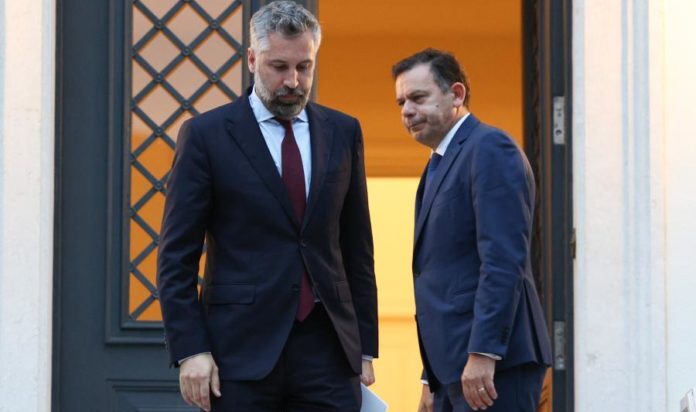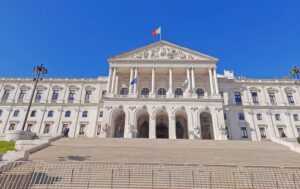Opposition parties vote through ‘extraordinary’ permanent pensions increases
Portugal’s minority AD government is beset from all sides today: the worst situation being that it has been boxed into a corner over pensions increases.
A Socialist proposal for an extraordinary increase to the lowest pensions has been approved by parliament, with the majority of opposition parties voting in favour, CHEGA abstaining and only PSD/ CDS-PP voting against.
Had CHEGA voted against, the government would have been home and dry. But relations with CHEGA have seemingly gone from bad to worse, thus today’s result was always ‘to be feared’. Now it has happened.
PS Socialists say that by their estimates the measure has a budgetary impact of €265 million. A study requested by social democrats from UTAO (the technical budget support unit) actually indicates that the impact would be higher – more like €273.8 million.
Thus, 24-hours or so from the final ‘global vote’ tomorrow on this AD’s first budget, the government’s ‘sums’ have been well and truly messed about with (as they had tried warning PS Socialists on multiple occasions would be the case), while Brussels is breathing down its neck to reduce financial support shielding citizens from even higher duty on fuel products.
On Tuesday, finance minister Joaquim Miranda Sarmento stressed how much the PS proposal would “create a problem from the point of view of public accounts”. He even suggested it was not the best way to ensure a greater increase in pensions.
Since then, other leading figures have tried to outline ‘how much’ the government has already done to help pensioners.
All to no avail. The PS stuck to its guns, supported by all the smaller parties, forcing an extra 1.25 percentage point increase to pensions that are already due to rise above the rate of inflation in January.
As Público has explained: “The final vote scheduled for the afternoon of November 29 is not the end of the process. Parliament’s services will then do the surgical work of fitting in all the approved amendments, and the text will go to committee for final drafting by mid-December, where typos and/ or incorrect references will be corrected, but without changing the meaning of what was approved. (The text) is then published in the Diário da Assembleia da República and, three days later, sent to the President of the Republic. He will have to promulgate it so that it can be published in the Diário da República as law later this year, so that it can come into force on January 1”.
natasha.donn@portugalresident.com




















